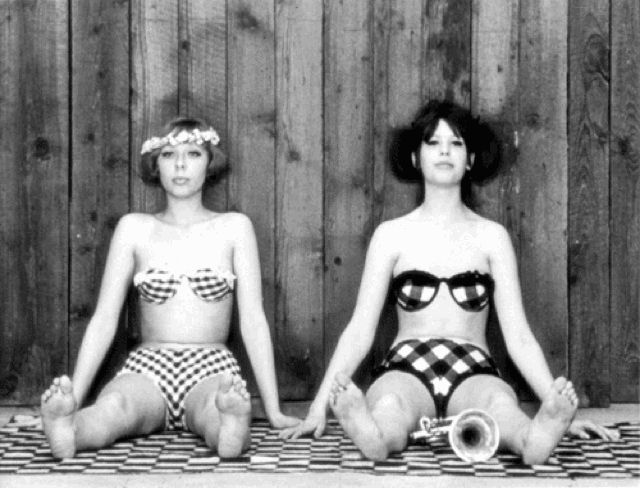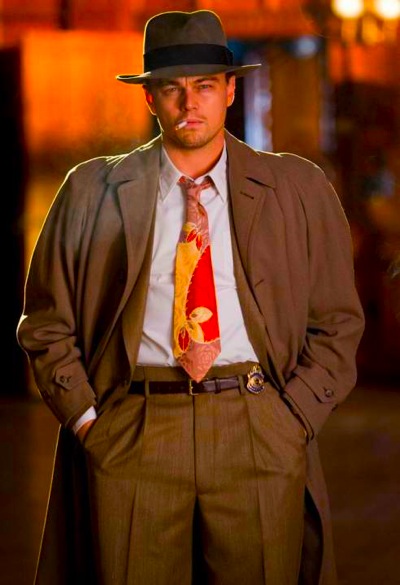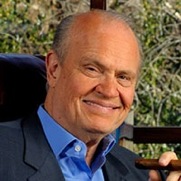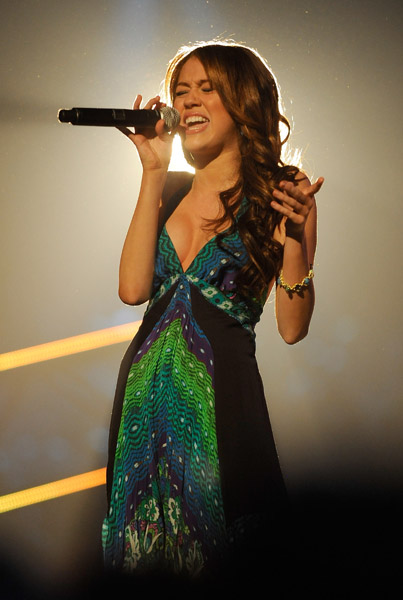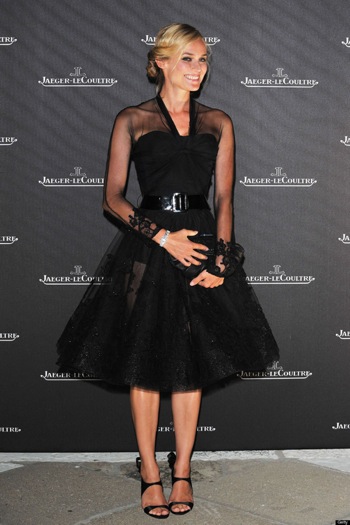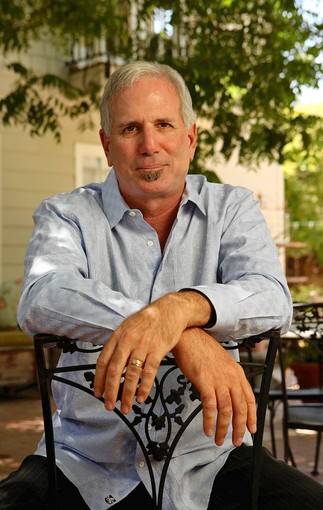By Jennifer Baldwin. Forget the French New Wave. Yes, OK, I just got finished writing here at LFM about the greatness of Godard and VIVRE SA VIE, and I dig Truffaut and the rest of the Cahiers crowd as much as the next girl – but if I were stuck on a desert island for the rest of my life (or maybe stuck forever in a reeducation camp for Obama regime dissidents … just kidding), there is only one European “new wave” film movement I’d want to spend the rest of my days watching and it actually ain’t the French.
It’s the Czechoslovak New Wave, a film movement that received a lot of international recognition and acclaim back in the mid-to-late 1960s (e.g., winning Best Foreign Film Academy Awards in 1965 and 1967). This movement was a big deal back in the day.
But the Czech New Wave is somewhat forgotten these days, much to my disappointment. I wouldn’t really know much about it myself if it hadn’t been for the fact that I took a class back in my college days called “Central and Eastern European Cinema” taught by the genius Herb Eagle. (Admittedly, I needed to get the required “Race and Ethnicity” credits and it was the only class that satisfied those requirements that semester.)
Thanks to the tutelage of Professor Eagle I was soon hooked on Miloš Forman and Vera Chytilová films, like Chytilová’s Daisies featuring the two Maries.
Sadly, I don’t think the Czech New Wave gets enough love these days from film buff types. Everybody tosses around names like Godard and Truffaut and Rohmer and Rivette, but does anybody ever mention Chytilová or Jireš or Kádar and Klos or Menzel or Němec? (Miloš Forman doesn’t count because he’s become a well-known and award-winning director of Hollywood movies since emigrating here some 40 years ago.)
The Czech New Wave deserves better than to be some half-remembered footnote to the cinema of the 1960s. Frankly, I think the films that came out of Czechoslovakia in that era are not only fascinating examples of 1960s New Wave cinema, but they’re also still highly relevant for right now. These movies still have the power to speak to us on a political level as well as on a purely human level. If anybody wants to see what truly vibrant, brilliant, political (and personal) filmmaking is all about, they should take a look at the Czech New Wave. Continue reading The Czech New Wave: Political Cinema with a Human Face

